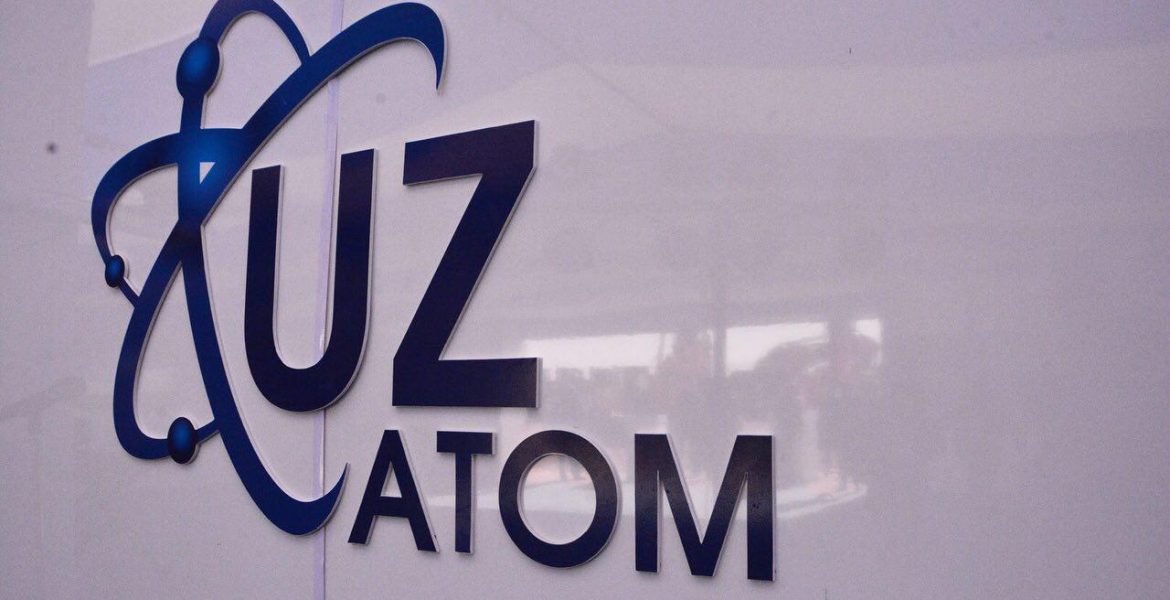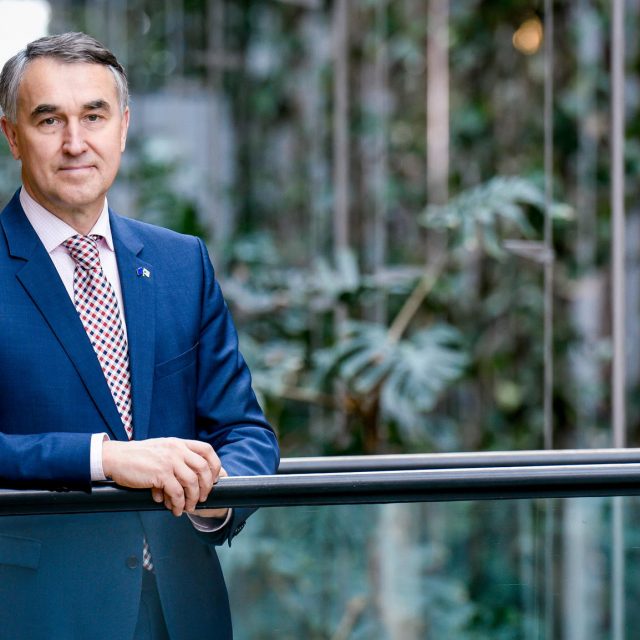EU Political Report published an article on Uzbekistan’s Nuclear Project on 1st February. The National Agency for Nuclear Power in Uzbekistan “Uzatom” has requested the opportunity to respond to this article, and we publish their response here in full below:-
On January 29, EU Today hosted at the Press Club in Brussels a conference dedicated to the construction of nuclear power plants in Belarus, Turkey and Uzbekistan. Despite the fact that plans for the construction of new power units are being considered at various stages both in the EU member states-Finland, Hungary, the Czech Republic, Bulgaria, and in the UK, Pakistan, the United Arab Emirates, etc., the discussion was focused on these countries.
Much attention at the conference was paid to the construction of nuclear power plants in Uzbekistan. However, if you do not have complete information about the state of the country’s energy system and plans for its development, you can come to incorrect conclusions and even see risks for Europe somewhere.
Our aim is to fill this gap and provide European experts with more comprehensive information on these issues.
In April 2020, the Government of Uzbekistan approved the “Concept of providing the Republic of Uzbekistan with electric energy for 2020-2030”, developed with the participation of international experts. It shows the following figures: by 2030, the national consumption is projected to be 120.8 billion kWh (an increase of 1.9 times by 2018). If the capacity is not sharply increased in the coming years, the country may face a severe electricity shortage. Therefore, the concept provides for an increase in the country’s generating capacity from 12.9 GW to 29.3 kW by 2030, and electricity production from 63.6 billion kWh to 120.8 kWh.
It should be noted that by the Law of the Republic of Uzbekistan “On Ratification of the Paris Agreement (Paris, December 12, 2015)”, the Republic of Uzbekistan has committed itself to take measures from 2020 to reduce greenhouse gas emissions into the atmosphere. In this regard, the Concept assumes the implementation of projects for the construction of new generating capacities using “green” technologies: solar, wind, hydro and atom. It is worth saying that Uzbekistan plans to build solar and wind power almost “from scratch”, since today there is not a single industrial power plant in the republic that runs on solar and wind energy. At the same time, it is assumed that the share of solar energy in the total energy balance by 2030 will reach 17.3 %, wind energy – 10.4 %, hydropower – 13.1 %, nuclear energy – 8.3% and heat – 50.9 %.
“Nuclear power plants should be included in the category of green energy, as they do in China, since nuclear energy does not have a carbon footprint. The future of the energy sector of the world and Uzbekistan is a symbiosis of renewable energy and nuclear power plants,“ said Academician of the Academy of Sciences of Uzbekistan, Doctor of Technical Sciences, Professor Kakhramon Allayev.
In 2019, the Republican Centre for the Study of Public Opinion “Izhtimoiy Fikr” conducted a sociological study. According to its results, more than a half of the respondents (69.5%) are sufficiently informed about nuclear energy. At the same time, respondents noted the importance of using peaceful nuclear energy both to meet the needs of the electric power industry and to save natural resources, such as gas.
Thus, the survey showed the support of the citizens of Uzbekistan for the decision to build the first nuclear power plant. 85.6% of respondents agreed with the statement “I will support the activities of the NPP”. Every second respondent (55.7%) expressed a desire to work in the construction or the NPP itself. This desire is strong especially among young people (71.6%).
The choice of a nuclear power plant construction partner was not a spontaneous or political decision. The decision was made solely based on the economic interests of the republic. After studying the capabilities of Russia, the United States, China, France and South Korea in the nuclear energy sector, Uzbekistan chose a Russian company to build the first nuclear power plant.
Today, Rosatom ranks first in the world in the implementation of projects for the construction of nuclear power plants. All of them comply with modern international requirements and recommendations of the IAEA. The plants for construction proposed by Rosatom represent the most modern VVER-1200 reactor technology of the 3+ generation, which meets modern international reliability requirements, as well as the latest safety standards.
What is especially important that, Rosatom offers not just the most modern technologies, but technologies that are time-tested and already have references, i.e. tested, in Russia.
In 2017 and 2019, the 1st and 2nd power units of Novovoronezh NPP-2 were launched, and in 2018 and 2020, the 1st and 2nd power units of Leningrad NPP-2 were launched. In 2020, the pilot operation of the 1st unit of the Belarusian Nuclear Power Plant began. There are other projects at different stages of implementation for the construction of generation 3+ power units in Russia, as well as projects in Turkey, Egypt, Belarus, Bangladesh, Hungary, Finland, etc. In other words, Uzbekistan plans to use the technology that has already proven its reliability in Russia and other foreign countries.
Another significant factor is similar rules, norms, and language. More than a half of the population of Uzbekistan speaks Russian fluently. It is obvious that the personnel who will work at the NPP must be perfectly versed in the technical and regulatory documentation. Knowledge of the language in which these documents are created is certainly a significant factor.
A huge amount of work is being done in Uzbekistan in order to train qualified specialists in the field of nuclear energy. In 2019, the President of Uzbekistan signed a resolution on the approval of the Strategy for the Development of Human Resources for the needs of the nuclear energy program of Uzbekistan and the Roadmap for its implementation.
In addition to the fact that Uzbek students are being trained at the National Research University MEPhI in Moscow, a branch of the MEPhI Research Institute has been opened in Tashkent to train personnel for the nuclear industry. In addition, specialists are being trained in other universities of the republic: the National University of Uzbekistan and the Samarkand State University. It should be noted that from 2021, Uzbek specialists will also be sent to study in the Republic of Korea (3 students of the master’s program at Kepco International Nuclear Graduate School) and in Hungary (20 students at the University of Budapest).
It is known that many countries have chosen nuclear power as a key technology that can be deployed on a broad basis to help solve the problem of combating climate change and energy scarcity. Construction of new power units is underway in China, India, Egypt, Pakistan, the United Arab Emirates, Bangladesh and many other countries. Therefore, Uzbekistan, which decided to build a nuclear power plant, is not alone in its choice.
We are confident that the energy mix of nuclear power and renewable energy in the future will provide every consumer in our country with stable, reliable, environmentally friendly and relatively cheap electricity.
This article has been written by Uzatom the National State-owned Nuclear Agency of Uzbekistan.




